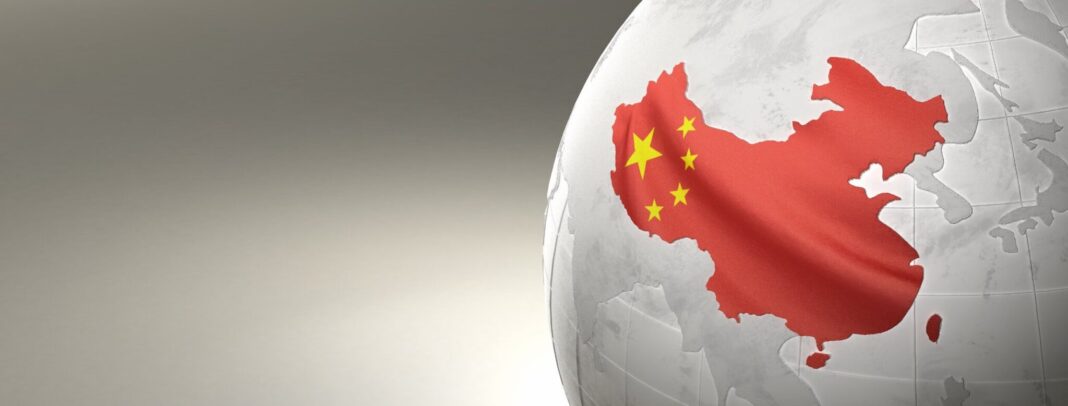- Advertisement -
The Hamas-Israel war continues to make international headlines. Even as the war entered into its second month, it continues to have dire consequences for civilians in Gaza. Without a durable ceasefire, the crisis is expected to worsen – the Palestinian death toll continues to rise, and in the longer-term, make the conflict even more entrenched.
- The impact of the war is reverberating around the Middle East. There has been unprecedented public pressure on regional governments to condemn Israel while the conflict has raised fears of an escalation with Iranian backed groups.
- It is quite intriguing that China has not made its position clear on the Hamas-Israel war which is now in its second month. The crisis is expected to worsen without a durable ceasefire. The conflict has raised fears of an escalation with Iranian backed groups.
- China has not publicly condemned the brutal October 7 attack by the militant group Hamas. Experts found it hard to believe and raised doubts over China’s intention to take a tough stand on the issue. Its foreign minister has criticized Israel for the massive bombardment of Gaza that he said went “beyond the scope of self-defense.”
- Experts said that China was not too keen to mediate between Israel and Hamas and instead it saw the Israel-Hamas war as an opportunity to gain ground against the United States in the battle for influence in the Arab world. Experts also said that Israel seemed against China’s ability to mediate and resolve the issue.
- As regard to China, foreign experts said that it adopted a soft approach towards Israel. Israel was the first state in the Middle East to recognize the People’s Republic of China in 1950, although the countries did not exchange ambassadors until 1992. Since the early 1990s, relations expanded particularly in the economic sphere. Chinese companies have made significant investments in Israel, upgrading ports and building infrastructure. China is Israel’s second-largest trading partner. Bilateral trade, worth 24.45 billion US dollars in 2022.
- The factor that forced China to call for a cease-fire after retaliation by Israel retaliated with strikes on Gaza. China expressed sympathy for the Palestinians. According to the Stimson Center, there are three main reasons for China’s response. China found little advantage in siding with Israel in the current conflict as it is considered a member of the Western bloc. China, as America’s main rival in the international arena, understands that the competition between the two countries could become even more intense in the not-too-distant future. It is hard to imagine that Israel would not side with the U.S. in a struggle between the leader of the democratic world and a rising dictatorial power. For example, Israel may have adopted a position of neutrality on Taiwan, but it would take side with the U.S. and its allies should it choose to invade Taiwan.
- Meanwhile, the Russia-Ukraine war and the full support of the United States and its allies for Ukraine have made the Chinese more worried that the same Western consensus will form against them should they move against Taiwan.
- The second reason for China’s failure to condemn Hamas was that China lacked any obligation to safeguard Israel’s security and existence. US and European powers have maintained support for Israel’s survival from the time it got independence in 1948. The interests of these states in the Middle East, coupled with powerful domestic pro-Israel lobbies, have bolstered the perception that supporting Israel’s survival is a crucial responsibility. It may be mentioned here that leaders of the US, Britain, France, andGermany visited Israel in the aftermath of the Hamas attack to express condolences and reaffirm solidarity with the Israeli people. The U.S. also dispatched American warships and two aircraft carriers to the Mediterranean Sea, as well as transferred more weapons to Israel.
- The third factor behind China’s initial reaction to the Hamas attack is China’s expanding relations with the Islamic countries of the Middle East. In recent years, China has increased political, economic, and even security ties with Arab states and Iran. On the economic front, China has signed strategic cooperation agreements with Iran, the United Arab Emirates, Saudi Arabia, and several other countries. China imports most of its oil from the Middle East and has become the region’s most important trading partner. The trade volume between China and Arab countries reached 330 billion US dollars by 2021.
- China has acted as a mediator in the resumption of relations between Iran and Saudi Arabia in March 2023. However, China would like to avoid antagonising Islamic countries on sensitive matters.
- Advertisement -

